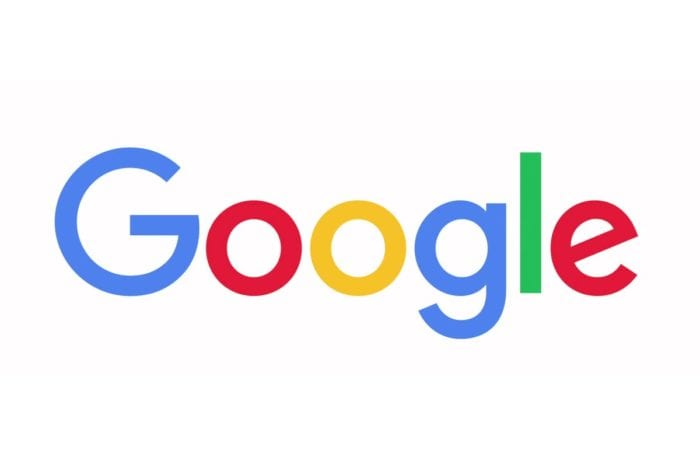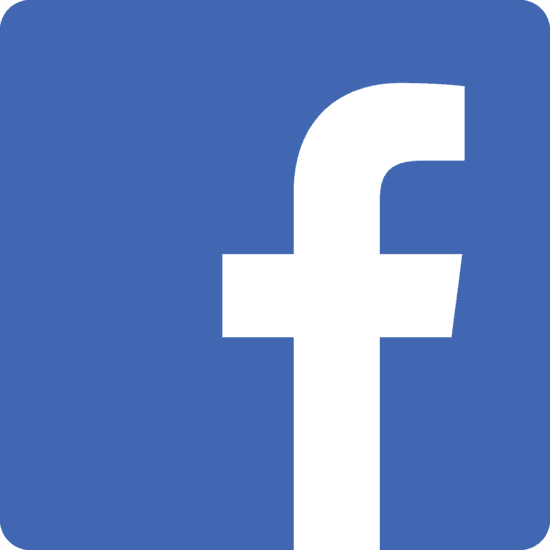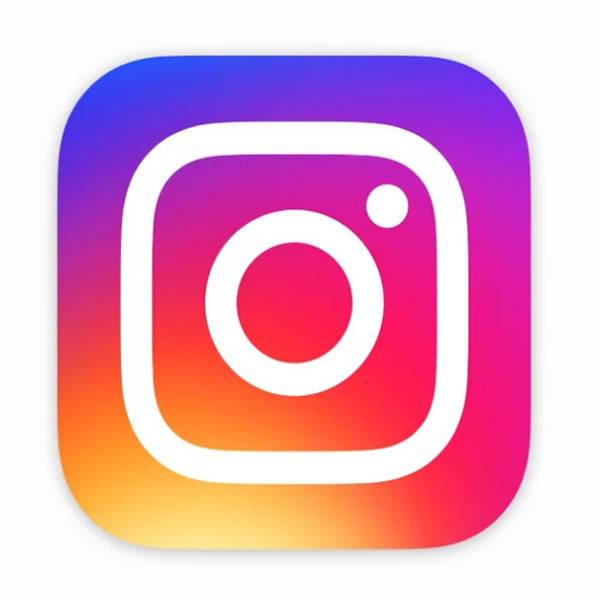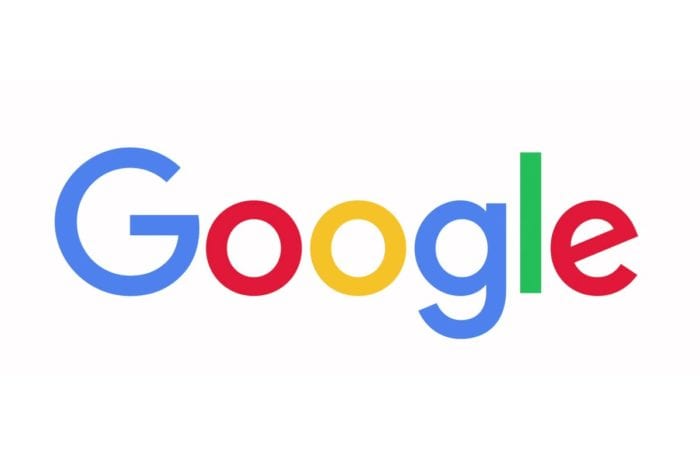Google highlights competition over digital ad monopoly claims, YouTube removes paid ad views from Music Chart counts, Client-side marketing and media professionals have declining trust in agencies, Facebook launching oversite board, Instagram cosmetic surgery post restrictions
Google has sought to fight off claims that it is dominating the digital advertising industry by pointing to other companies in a bid to prove competition, but is this entirely accurate?
YouTube is removing paid ad views from Music Chart videos to focus on organic views only and provide a more honest reflection of artists’ popularity.
New research has found that trust in agencies is declining among client-side media and marketing professionals with the increasingly complex media landscape likely being a contributing factor.
Facebook is set to launch an oversight board in 2020, which will review and potentially overrule the platform’s decisions on content.
Finally, Instagram is continuing its work toward reducing the negative impacts that social media can have on people’s wellbeing and mental health with new restrictions on posts that promote cosmetic surgery or weight loss products.
Get all the details on all of these stories below in our weekly news roundup.

Google points to competitors as proof it isn’t dominating digital ads
Following increased criticism that it is monopolising the digital advertising landscape, Google has claimed that Facebook, Amazon and Adobe are proof that the digital advertising space is “crowded and competitive”. The search engine giant has highlighted a number of competitors in a bid to prove that it is not anti-competition, just as 48 US states launch a probe into its advertising dominance.
Google’s vice president Sissie Hsiao published a blog post that could be viewed as an attempt to downplay the company’s size and influence on digital advertising. She wrote: “There are thousands of companies, large and small, working together and in competition with each other to power digital advertising across the web, each with different specialties and technologies.”
Critics have argued that this blog post is simply Google attempting to shift the conversation onto competitors in a bid to avoid talking about the dominance it has over large parts of the digital advertising world. They may well have a point too, as figures from eMarketer show that Google accounted for over 20% of all ad spend in the US so far this year. When looking just at the US digital ad market, this increases to a huge 37.2%.
With the US’ antitrust probe currently investigating Google, the timing of the blog is interesting. Unfortunately for Google, it doesn’t look like many people are believing its protests.

YouTube removes paid ads from Music Chart views
YouTube is aiming to give a more honest overview of artists popularity by removing paid ad views from its Music Chart. Previously, paid ads counted toward the view count, meaning that record labels with bigger budgets could effectively play the system and make an artist look more popular.
In another move for transparency, YouTube has switched things up with the success of artists’ videos being purely based on organic views. While ads can still be used to showcase singles, their views won’t be added to the view numbers.
According to YouTube’s blog, the decision was taken in a bid to improve “credibility and consistency” on the platform.
On top of this change, YouTube announced that paid advertising will not be considered when looking at a 24-hour record debut, although the changes to this policy won’t affect the platform’s existing 24-hour record debut holders.
YouTube said: “Staying true to YouTube’s overall mission of giving everyone a voice and showing them the world, we want to celebrate all artist achievements on YouTube as determined by their global fans. It’s the artists and fans that have made YouTube the best and most accurate measure of the world’s listening tastes, and we intend on keeping it that way.”
This move follows on from several by the platform, which is attempting to increase transparency and continue work on improving its process for removing inappropriate content after it came under fire for a range of videos and ad placements.
Client-side marketing and media professionals have declining trust in agencies
Media agencies are now viewed more negatively by advertisers, according to new research from ID Comms. According to the report, agencies are no longer being viewed as strategic partners and instead are being seen as commodity suppliers by client-based marketers, showing that faith in agencies is lower than it was two years ago.
The Global Media Thinking Survey included responses from 117 client-side marketing, media and procurement professionals with a collective $20 billion yearly global media spend. It revealed that their opinion of agencies was lowered the more time they spent with them.
Key findings from the survey include the fact that agencies’ media thinking was scored at 2.68 out of five by media professionals and 2.49 by marketing professionals. Agencies were also rated as below average on a number of key skills, including integrating owned, earned and paid media (2.12), giving unbiased and objective planning recommendations (2.35) and identifying relevant data-fuelled insights (2.45).
It seems that the decline in trust in agencies – which has been falling since 2017 – could be due to client-side media and marketing professionals having a lack of confidence in their own skills. The research found that they rate themselves fairly low on most of the key media management areas (below a score of three, which is “meeting expectations”).
This decline in trust is likely at least partly caused by the media landscape become ever more complex, meaning agencies and client-side professionals all need more skills in order to be able to deliver campaigns and projects. The report also highlighted the need for strategy to be taken more seriously, with 99% of respondents saying that a more strategic approach to media would mean a stringer marketing performance.
Paul Stringer, consultant at ID Comms, said: “At a time when the challenge of media has never been greater, it is disappointing to see so many marketing and media professionals are struggling to implement media strategies or forge relationships that deliver long-term growth.
“What is positive is that we are seeing changing attitudes in procurement and we could be witnessing the emergence of a new kind of procurement leader, one for whom cost reduction is just one party of a larger series of objectives around driving innovation, ROI and business development.”

Facebook to launch content oversight board
Facebook has announced that it will establish an independent ‘oversight’ board in an attempt to improve moderation of the social media platform. The board would have the power to decide what material is permissible on Facebook, possibly providing a greater understanding of Facebook’s rules.
The panel will be put in place in 2020 and will be able to arbitrate any potentially contentious content. This means it could have the power to override Facebook’s moderators and change the platform’s policies moving forward.
Currently, it has not been announced who will be on the board, but it is likely that it will start with 11 part-time members before being increased to 40 members. Those chosen to form the panel will come from different backgrounds and be located around the world.
Nick Clegg, vice president of global affairs and communications for Facebook, said: “The content policies we write and the decisions we make every day matter to people. That’s why we always have to strive to keep getting better. The Oversight Board will make Facebook more accountable and improve our decision-making. This charter is a critical step towards what we hope will become a model for our industry.”
Facebook has released a three-point charter for the board, which says that it will be able to “provide oversight of Facebook’s content decisions”, “reverse Facebook’s decisions when necessary” and “be an independent authority outside of Facebook”.
This charter was accompanied by a letter from Mark Zuckerberg, which said: “The board’s decision will be binding, even if I or anyone at Facebook disagrees with it. The board will use our values to inform its decisions and explain its reasoning openly and in a way that protects people’s privacy.”
However, the board will only be deliberating on cases that are chosen by Facebook and will be capped to just “dozens” of cases per year. According to Facebook, these will be centered on issues that are likely to deliver “the greatest public benefit”, although it is not clear who will decide this.

Instagram sets restrictions on cosmetic surgery and weight loss posts
Instagram is set to implement new restrictions on posts that are related to cosmetic surgery and diet products. The social media platform has reportedly consulted a range of mental health and wellbeing experts on the topics and has decided that age restrictions for these types of posts are required.
The new policies will see posts that promote certain cosmetic procedures or weight loss products that include prices or purchase incentives restricted for users under the age of 18. This decision follows on from concerns being raised around the impact of this type of advertising on young people.
Instagram said that it wants the platform “to be a positive place for everyone that uses it, and this policy is part of our ongoing work to reduce the pressure that people can sometimes feel as a result of social media.”
This latest policy change follows on from Instagram’s test that has seen the like count removed from posts in certain countries, as well as its decision to remove graphic images of self-harm from the platform. The moves are all part of the platforms attempt to improve the wellbeing of its users and reduce potentially harmful effects that social media can have.
